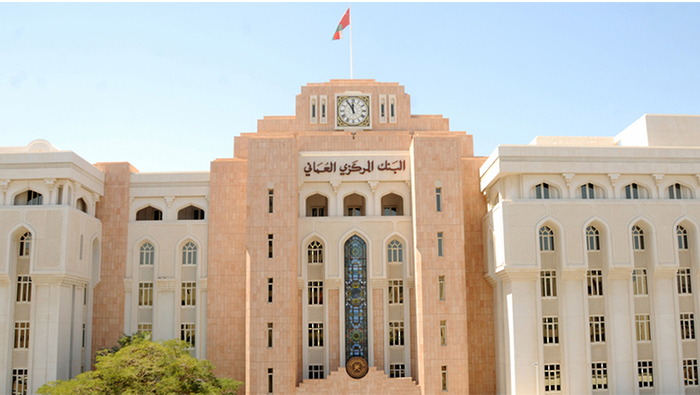
Muscat: The Central Bank of Oman (CBO) raised OMR35 million by way of allotting treasury bills on Tuesday.
The value of the allotted treasury bills amounted to OMR25 million, for a maturity period of 28 days.
The average accepted price reached OMR99.635 for every OMR100, and the minimum accepted price arrived at OMR99.635 per OMR100. The average discount rate and the average yield reached 4.75804 per cent and 4.77547 per cent respectively.
The value of the allotted treasury bills amounted to OMR5 million, for a maturity period of 91 days. The average accepted price reached OMR98.753 for every OMR100, and the minimum accepted price arrived at OMR98.750 per OMR100. The average discount rate and the average yield reached 5.00170 per cent and 5.06486 per cent respectively.
On the other hand, the value of the allotted treasury bills amounted to OMR5 million, for a maturity period of 182 days. The average accepted price reached OMR97.565 for every OMR100, and the minimum accepted price arrived at OMR97.565 per OMR100. The average discount rate and the average yield reached 4.88338 per cent and 5.00526 per cent respectively.
Treasury bills are short-term highly secured financial instruments issued by the Ministry of Finance, and they provide licensed commercial banks with the opportunity to invest their surplus funds. The Central Bank of Oman (CBO) acts as the Issue Manager and provides the added advantage of ready liquidity through discounting and repurchase facilities (Repo).
It may be noted that the interest rate on the Repo operations with CBO is 5.50 per cent while the discount rate on the Treasury Bills Discounting Facility with CBO is 6.00 per cent.
Furthermore, treasury bills promote the local money market by creating a benchmark yield curve for short-term interest rates. Additionally, the government may also resort to this instrument whenever felt necessary for financing its recurrent expenditures.